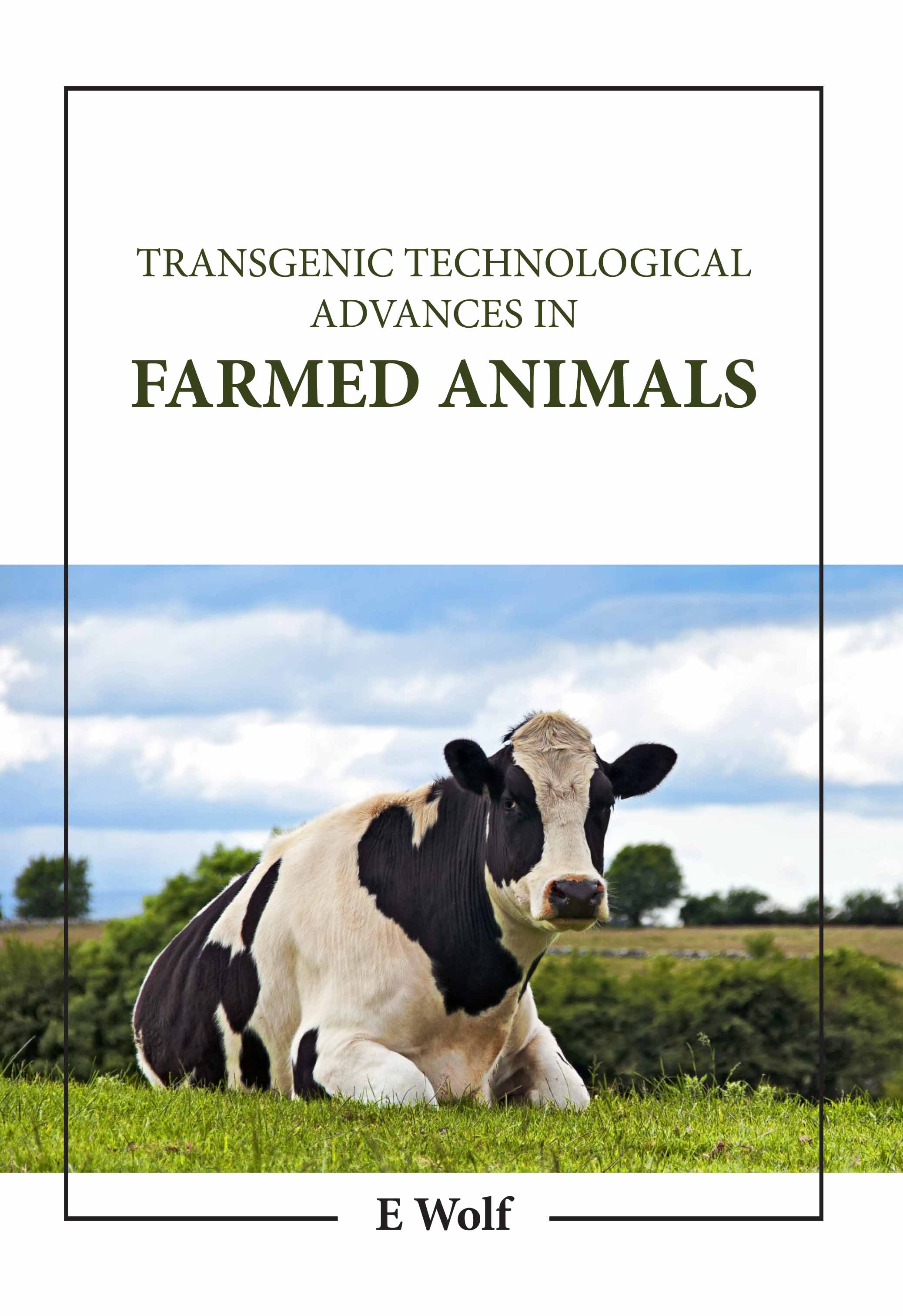
Transgenic Technological Advances in Farmed Animals
by E Wolf
| ISBN | 9781806245925 |
|---|---|
| Publisher | Digital Drive Learning |
| Copyright Year | 2026 |
| Price | $254.00 |

by E Wolf
| ISBN | 9781806245925 |
|---|---|
| Publisher | Digital Drive Learning |
| Copyright Year | 2026 |
| Price | $254.00 |
Human health is directly affected by the necessity for a sustainable and secure supply of healthful food. Genetic modification of livestock holds the promise to improve public health via enhanced nutrition. For thousands of years, farmers have improved livestock in order to provide for nutritious, wholesome, and cost-effective animal product. Transgenic animal production is one such process. Transgenic animals have numerous applications in agriculture, medicine, and industry. The first transgenic mouse was created in 1985, followed a few years later by genetically modified rabbits, pigs, sheep, and cattle. Rationales for the genetic engineering of farm animals include improving the nutritional value of meat, milk, and eggs; making animals resistant to veterinary diseases such as mastitis and mad cow disease; and producing human pharmaceuticals in the milk of transgenic cows, goats, or rabbits. The production of transgenic provides methods to rapidly introduce 'new' or modified genes and DNA sequences into livestock without crossbreeding or hybridizing. It is a more precise technique, but not fundamentally different from genetic selection or crossbreeding in its result. This book “Transgenic Technological Advances in Farmed Animals” covers all the relevant aspects and is useful reading for research workers in animal breeding and biotechnology.